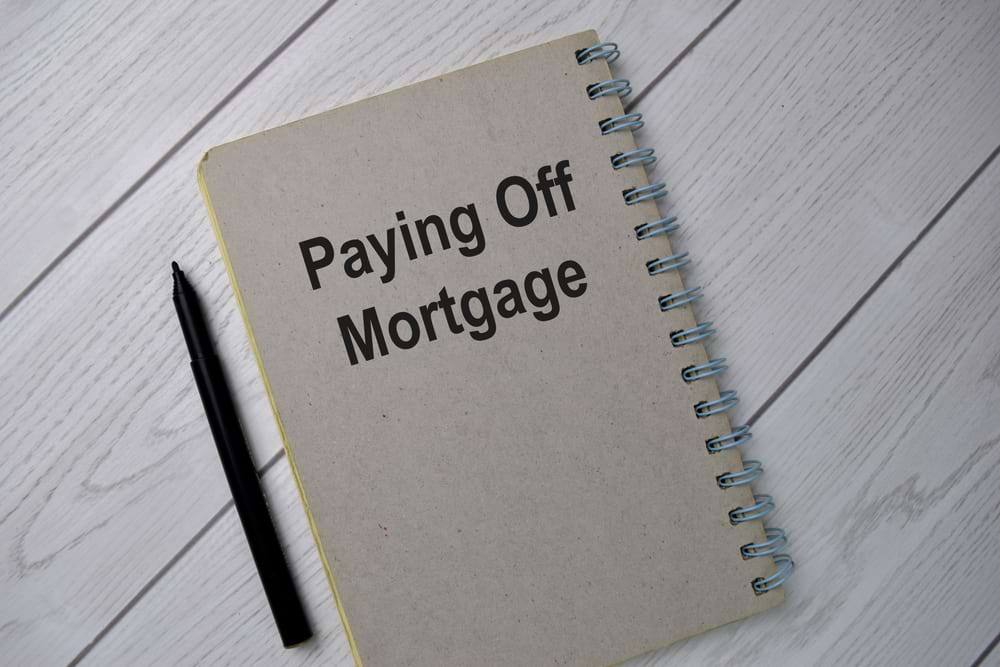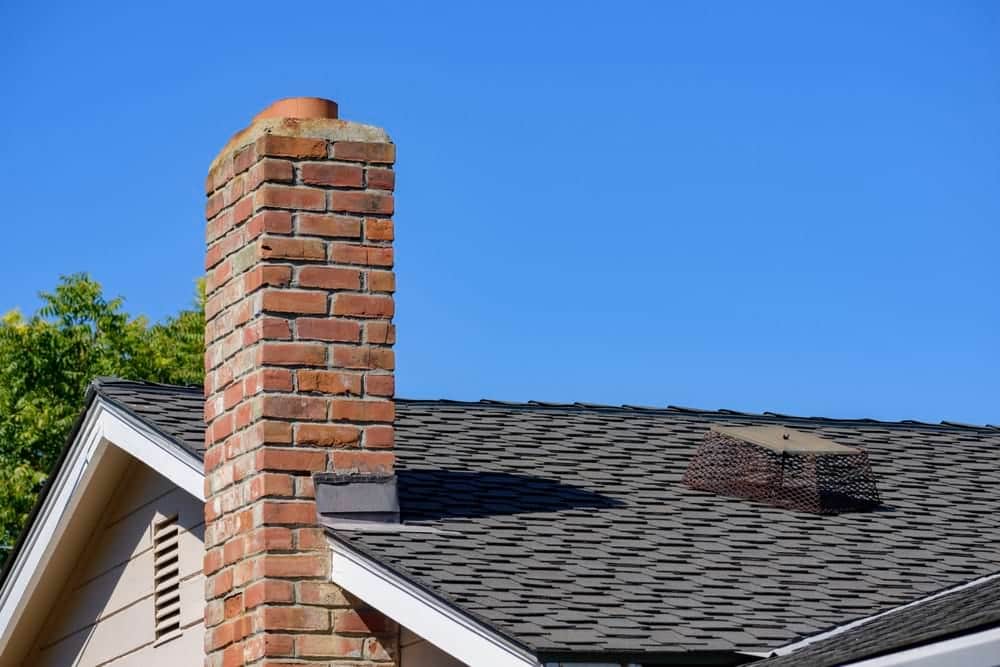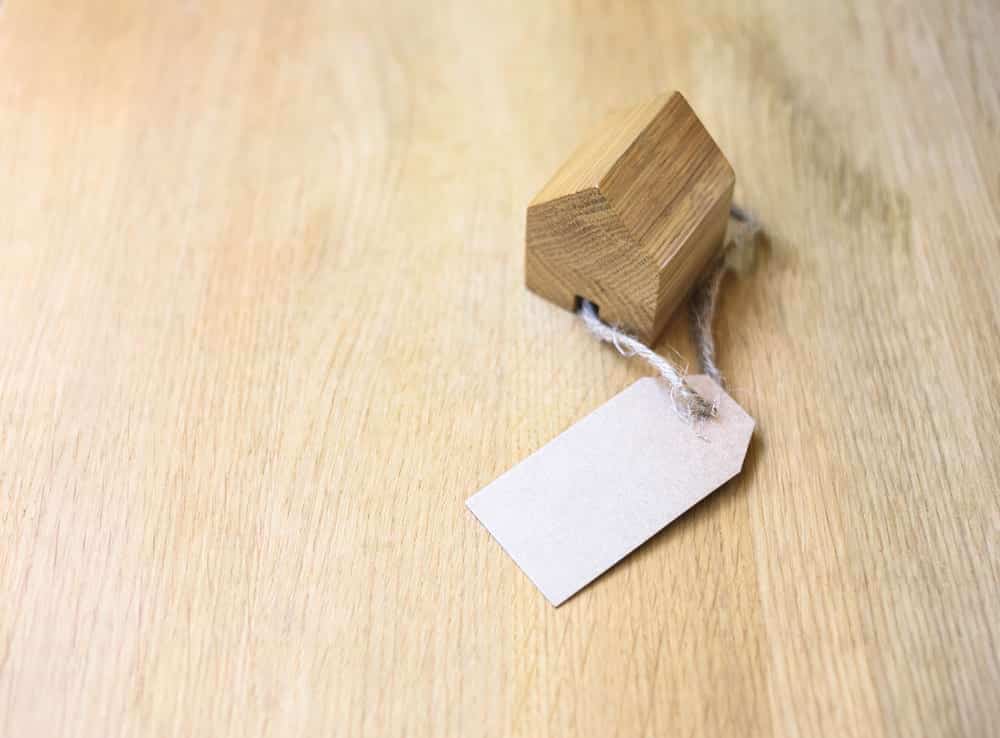Before you work with a solicitor to buy or sell a house, you should ask for a full breakdown of their costs.
One of the costs you should see listed are disbursements.
But what are disbursements and how much should you be paying for them?
What are disbursements?
Disbursements are fees related administrative tasks for conveyancing that your solicitor will pay and add to your bill.
They cover things like admin for land registry fees, stamp duty fees, search fees, and more.
Can you avoid disbursements?
If you are selling your house in the traditional way (i.e., with an estate agent on the open market), you can’t generally avoid disbursement fees.
After all, conveyancing is an essential part of the legal process of buying and selling a home. And it involves administration around gathering, checking and submitting legal documents.
Although it’s possible to carry out conveyancing yourself, most people hire a solicitor or conveyancer to do it for them.
Equally, if you sell your house at auction you will still need to arrange for conveyancing to take place and cover its costs.
One of the only ways to avoid paying disbursements is to sell your property to a cash home buying company (like We Buy Any Home).
We instruct independent solicitors and cover all their costs, including disbursements.
Disbursements in details
Admin costs for selling
The administration charges associated with selling a home are normally much less than for buying one. They usually cover three areas:
- Copies of title deeds – £4 to £8
- Anti-money laundering checks – £6 to £20
- Bank transfer fees – £25 to £45
In some cases you may need extra support from a solicitor which could involve additional costs.
For example, if the title deeds have been lost and your home is not registered with the Land Registry you’ll need their help to prove ownership.
Your solicitor may also buy indemnity insurance to protect you and your buyer if something, such as planning permission for works on the property, can’t be verified.
Admin costs for buying
Buying a home comes with a longer list of disbursements on top of those above, including:
- Local authority searches, which check local council records for planning permissions granted for the property, land contamination, local development plans and so on. These can cost up to £250.
- Local searches, these are extra checks carried out if there is a history of mining in the area that could impact a property. They range from £40 to £250.
- Environmental searches investigate specific concerns such as flooding and subsidence. They’re around £35.
- Drainage searches make sure a property is connected to fresh water and sewers for around £40.
- Land registration fees cost between £20 and £910. This covers registering the new owners of a property, the cost depends on its value and whether you apply by post or online.
- Bankruptcy searches are required by your mortgage lender to ensure you and anyone else on the mortgage hasn’t been declared bankrupt. This costs up to £4.
- Stamp duty is a tax lots of people pay when they buy a home. It’s worked out on a sliding scale, which means it gets increasingly expensive as the price of a property rises. But lower value properties are exempt.
Again, if the transaction isn’t straightforward and the solicitor needs to carry out extra checks there may be additional administrative charges.
Other costs to bear in mind
On top of disbursements there are other expenses for moving home.
EPCs
These include an energy performance certificate (EPC) which costs around £120, unless your home already has one that is under 10 years old.
Solicitor fees
These will vary depending on the value of your home. Solicitors will charge up to £1,500 to deal with the legal side of selling a home.
Estate agent fees
Traditional estate agents usually charge between 1% and 2% of the sale value. On a £300,000 property that could come to £6,000.
Online estate agents are often cheaper, charging a flat fee that can range from the low hundreds up to £2,000 depending on the service you opt for and your location.
Removal costs
You may need to pay for a removals service, too.
Doing it with the help of friends and family shouldn’t set you back more than petrol money and lunch for your volunteers, especially if you don’t have to hire a van.
A full packing and removal service for a large home can run into thousands of pounds.




















